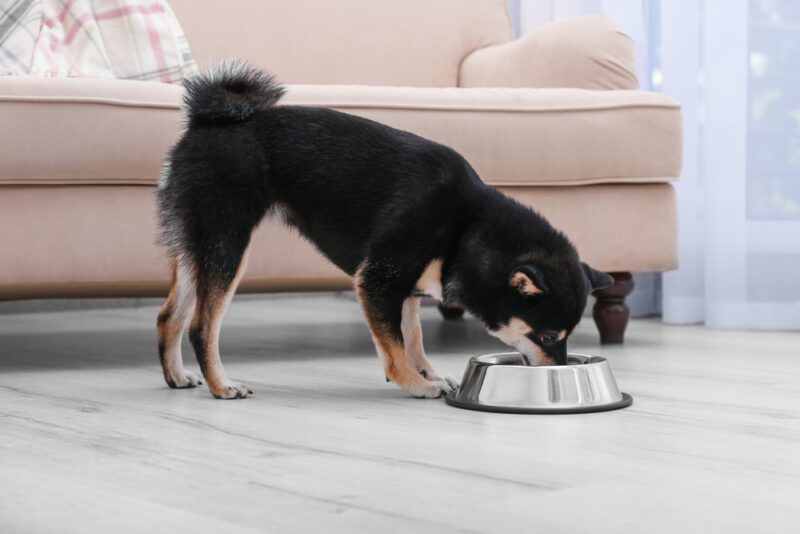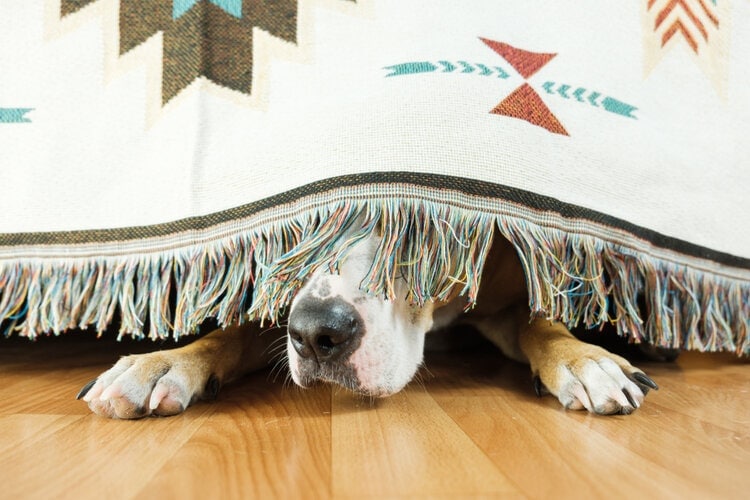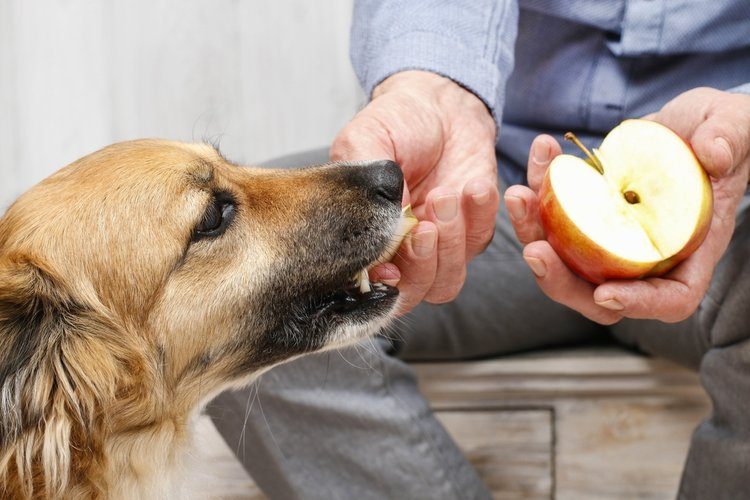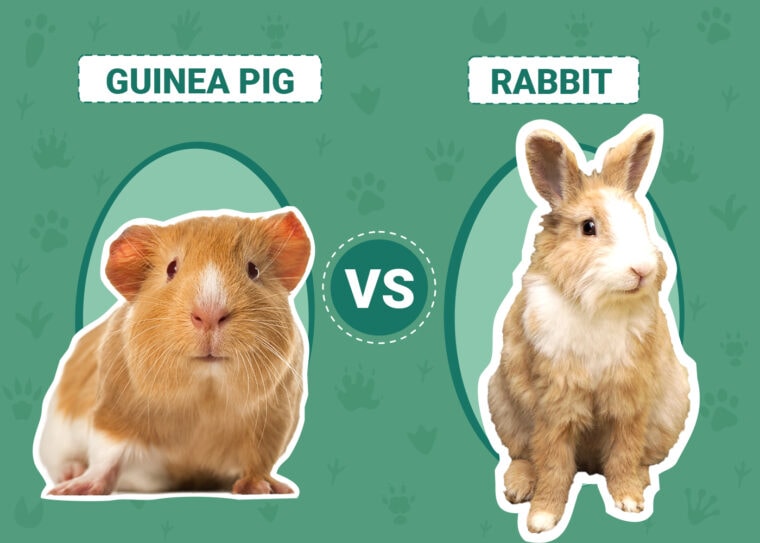
Over 5 million American households have small animals like guinea pigs and rabbits. If you are unable to have a dog or cat, they can help you still enjoy the rewards of pet ownership. After all, we are social creatures, and pets like guinea pigs and rabbits offer a special opportunity to share our world in a fulfilling way.
If you’ve considered either species because of their size, it’s essential to understand that it’s where many of the similarities end, though they also eat many of the same things and have similar housing needs. Still, the relationship that you will have with either one will be unique.
Visual Differences

At a Glance
Guinea Pig Overview
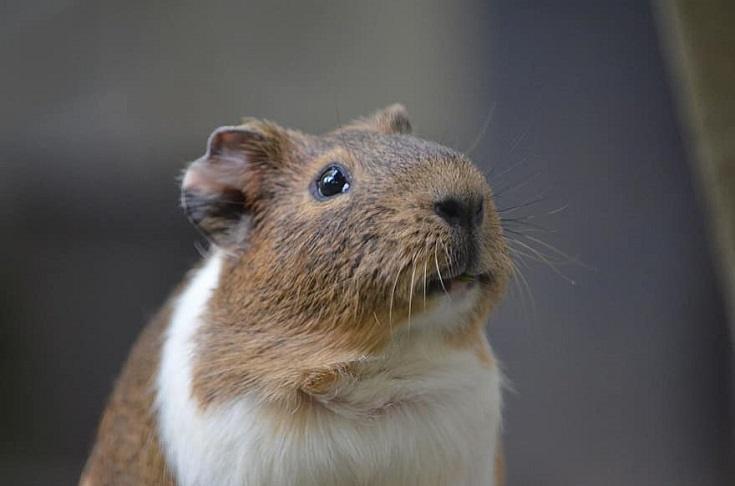
A guinea pig is an excellent bridge if you’re coming from a smaller rodent like a hamster. They live longer and are often more docile. The care is similar, though, so the transition is smooth. These points also apply to a rabbit, though there is more variability in weight with this animal. Guinea pigs and rabbits share a common history as food for both humans and predators.
That said, both pets hit the proverbial lottery when they came to the United States. They have since lived as pampered animals, and they tend to respond well to human contact and care. There are 13 recognized breeds today, with some people even showing them. As you may have guessed, their name is a bit of a misnomer because they are rodents, not pigs.
There is also an interesting connection between humans and guinea pigs that few other mammals share. Both people and cavies must get vitamin C from their diet because our respective bodies can’t synthesize it. That explains our mutual reliance on plant foods.
Personality / Character
Guinea pigs are engaging pets. They respond to humans and are quite vocal among themselves. Their varied vocalizations speak to their intelligence to communicate with others in their herd. It’s essential to remember that cavies are a prey species. That makes them wary of changes in their environment or routine. Remember that this characteristic is vital for survival.
Bonding is possible with this intelligent rodent, but it’s essential to approach handling a guinea pig in a gentle manner, and this lesson should also be taught to children. Young animals respond best to handling. A guinea pig probably wouldn’t say no to a treat either. Like other prey species, cavies are crepuscular, which means they’re active at dusk and dawn. It gives them an edge against predators.
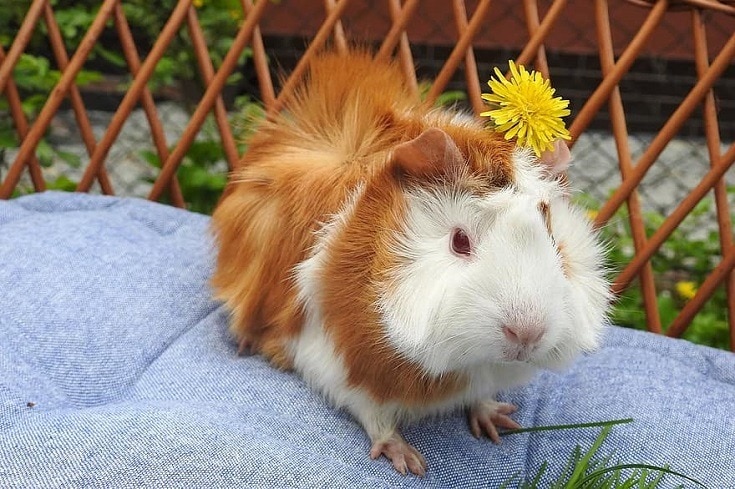
Health & Care
The essential thing to remember about owning a guinea pig is that they need a suitable diet and a cage placed in an area without drafts. These rodents are herbivores that will thrive on a commercial diet that has the necessary nutrients and fiber. Be careful if you offer any people foods to your cavy. Too much can cause GI distress and increase the risk of dehydration.
Make sure to provide them with fresh water every day. The water bottle should have reinforced materials around the bottom because of the guinea pig’s tendency to chew. It’s how they keep their teeth in check.
Suitable For:
Guinea pigs are suitable for older children and individuals who are fine with a pet that requires more care than just daily attention and a healthy environment.
Rabbit Overview
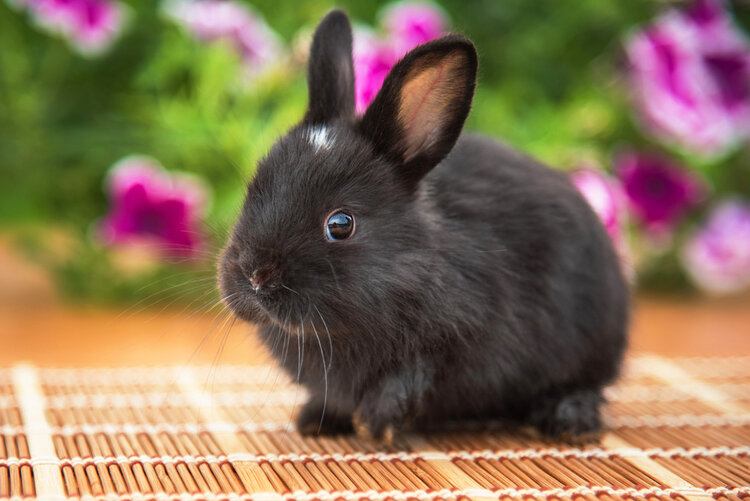
Rabbits are harder to make generalizations about having them as pets because of all the different breeds. Guinea pigs tend to have the same weight range, even among the various breeds. There is more variability with bunnies just judging by their weight span. This is partly due to the fact that there are more than thrice the number of breeds.
That means you’ll see great variability in personality, coats, and uses. However, rabbits have many of the same characteristics as guinea pigs, including diet, food web position, and economic importance. Rabbits are unique in being a species bred for food, clothing, and pets. They are also hunted in the wild. While those are not the domesticated variety, this history still influences their character.
Rabbits are longer lived than guinea pigs. That means they require more of a commitment to their care.
Personality / Character
Rabbits are sweet animals and can make loving pets that will bond with their owners. That’s a boon for children and will make the experience more rewarding for them. The kids will also be more encouraged to do their part with care and maintenance.
While guinea pigs are vocal, rabbits don’t have much to say. They communicate with each other when they have to do so, typically when danger is afoot.
Bunnies tend to bond with their human companions. You may find that the pet ownership experience is more rewarding because of this. Rabbits differ from cavies in that they show more personality and are more likely to entertain you with their antics.
Size is the main difference between breeds. But even small ones, like the Netherland Dwarf, are full of energy. Angora rabbits require regular grooming, and the Palomino is almost cat-like with their preening.
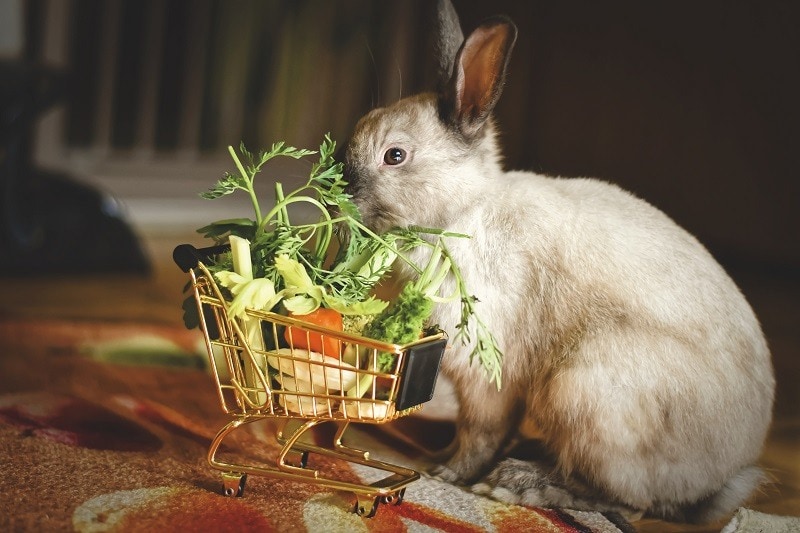
Health & Care
Caring for both guinea pigs and rabbits is similar. They require a similar diet, both being herbivores. You must also take the same precautions about adding fresh greens to their rotation. Too much can cause digestive issues. We recommend keeping your pet on a commercial diet that supplies the fiber and nutrients that they need.
One significant difference is that you may be able to litterbox train your rabbit. It relies on their instinct to keep their presence in the wild unknown to predators. If they use one place for waste, it minimizes the chances that a predator will stumble upon them. For the house rabbit, it makes your maintenance much easier!
Suitable For:
A rabbit is an excellent choice for an adolescent or teen who wants a pet that they can interact with on a deeper level. The variety of breeds means you can match a bunny with the kind of animal and associated maintenance that you want.
Which Pet Is Right for You?
Both guinea pigs and rabbits make excellent pets for a child who is ready to take on the responsibility of full pet ownership. That means not only cleaning the cage and providing food but also bonding with the animal. They’ll likely find that it’s a more enjoyable experience as a result. If that describes your child, these pets are worth a look.
Between the two, the guinea pig is less hands-off in terms of handling. A rabbit begs to cuddle with you and tries to make clean-up easier with litterbox training. However, they also require more room even if just to put the box inside their cage. That said, you have more options when it comes to choosing the size range of a rabbit.
See also:
- Male Vs. Female Rabbit: Differences Explained (With Pictures)
- Hamster vs. Guinea Pig: Which One to Choose (With Pictures)
Featured Image Credit: Top – vantagepointfl, Pixabay | Bottom – Sheila Fitzgerald, Shutterstock





